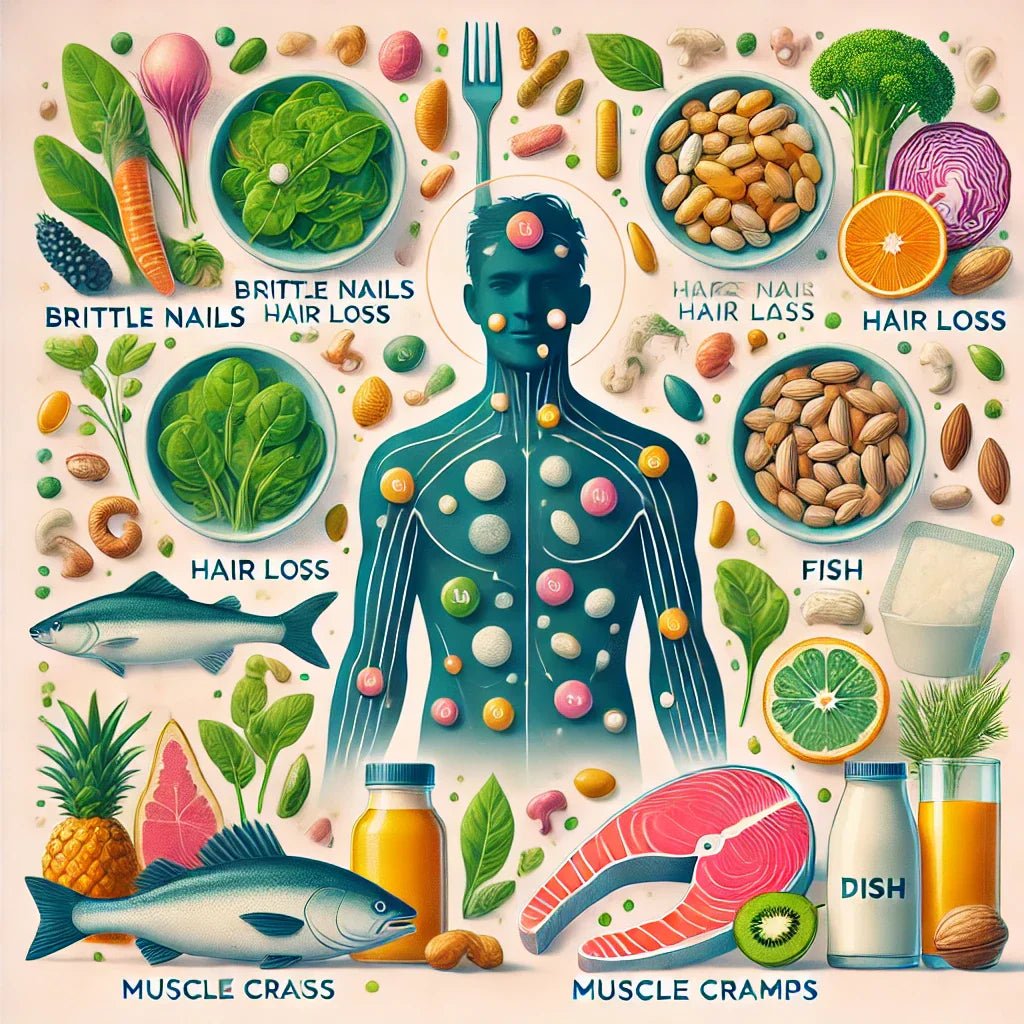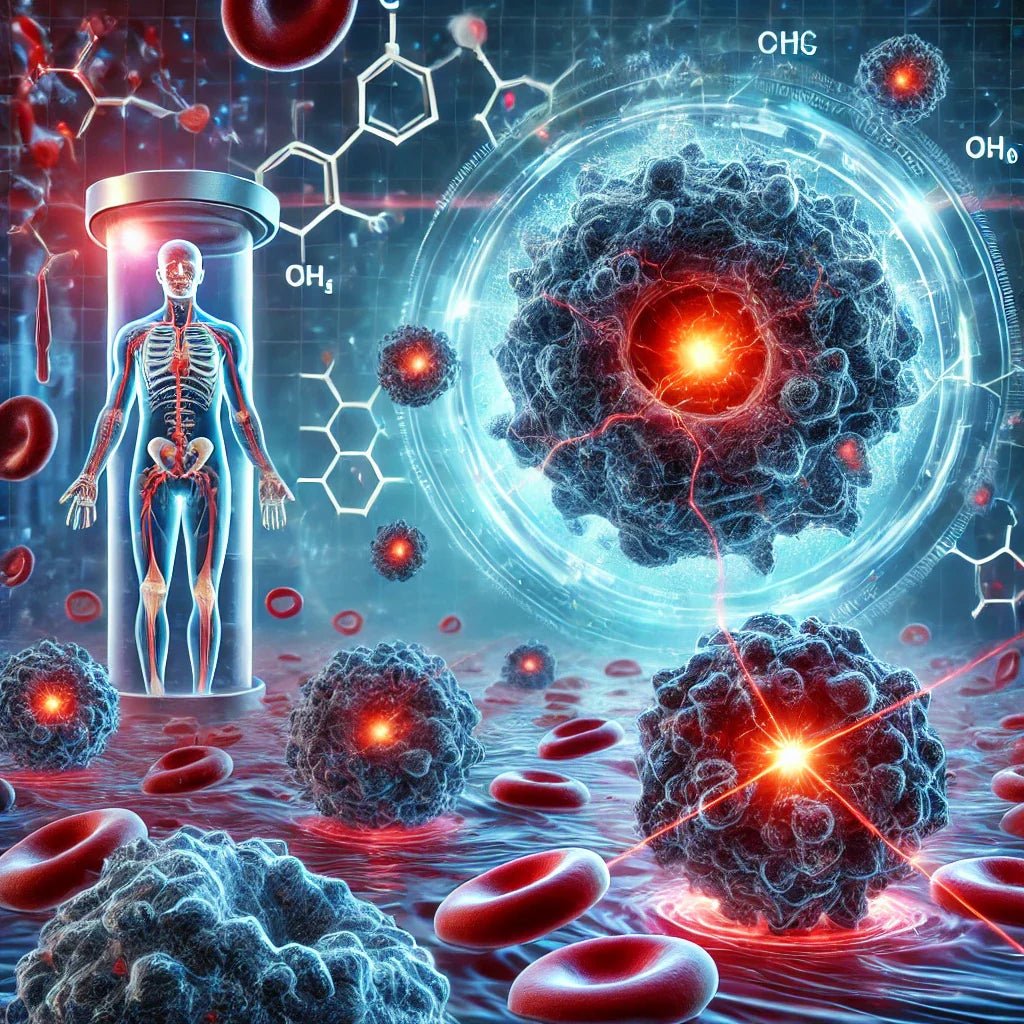In the present times, when excess and unhealthy nutrition are the cause of most diseases, therapeutic fasting is gaining importance. More than two thirds of the inhabitants of developed countries struggle with overweight, which shortens their life and leads to diseases that are rare in more difficult times. This is an alarming situation.
Ancient Egyptian physicians noticed that people live on a quarter of the food they eat, and the rest benefits the physicians. This idea seems to be relevant today. The problem of overeating is not only a lack of self-control, but also a misinterpretation of hunger signals by our body.
Nowadays, due to less physical exertion than in ancient people, we should consume less food. Our organism, accustomed to difficult living conditions for millions of years, did not adapt quickly to the easier conditions of modern times. The effect of this is excessive food consumption, inadequate to our actual energy requirements.
Past hunger experiences continue to influence our eating behavior. Our bodies, accustomed to periods of deprivation, store every extra calorie. As a result, even a small calorie surplus leads to the accumulation of excess weight.
The modern world is facing serious health challenges, including the increasing presence of harmful substances in our food. Chemical additives, preservatives, pesticide residues, heavy metals, and even drug and hormone residues are increasingly finding their way into our bodies. This in turn results in the accumulation of toxins and burdens our detoxification system.
Our body has an amazing ability to cleanse and regenerate itself, but there are limits to this endurance. In this context, therapeutic fasting becomes a method of supporting the body's regenerative processes, allowing it to rest from constant digestion and focus on eliminating toxins. It is a tool that can restore balance and health in an environment where natural, "living" nutrients are increasingly scarce and food is often deprived of key nutrients.
In addition to food-related issues, the modern lifestyle, full of stress and overload, also contributes to health challenges. Overwork, constant tension, endless ambitions and the bombardment of excessive stimuli negatively affect our health. This results in digestive problems, cardiovascular problems and even impaired immune functions, leading to infections and chronic inflammation.
Therapeutic fasting, in this context, offers not only a detoxification of the body, but also a mental and emotional detoxification. It allows for a relief from the burdens and stresses of everyday life, giving a chance for deep reflection and renewal. It is not only a physical cleansing, but also an opportunity to reset habits and perspectives in life.
While the multi-day therapeutic fast requires us to disconnect from our daily lives, it benefits both the body and mind. People who experience this therapy often come back transformed, with a new perspective on life and health.
Therapeutic fasting is a comprehensive therapy that is beneficial even outside the context of contemporary health problems. It helps to find life balance, enables understanding of personal goals and gives a chance for a fresh start in full health. In an era when stress and poor nutrition dominate, such an approach may be the key to better health and well-being.
For millennia, fasting has been advocated by various religions and cultures as a form of spiritual and physical purification. An Indian youth undergoing an initiation ritual, a Buddhist aspiring to monastic life, ancient Egyptians preparing for the holidays, and even soldiers in Persia and Israel before battles all practiced fasting. Early Christianity also used fasting as part of religious observances, especially between Ash Wednesday and Easter.
More than just abstinence from food, fasting was considered a cleansing tool, allowing participants to gain a deeper understanding of their own needs, desires, and limitations. In many traditions, it was associated with the idea of renewal, both physical and spiritual, giving a chance to free oneself from everyday worries and focus on deeper inner growth.
Modern science is also pointing to the health benefits of fasting, including improved metabolism, reduced inflammation, and even increased immunity. This suggests that ancient fasting practices may have deeper roots in human experience and health than originally thought.
When we restrict our calorie intake to zero, our body adapts to feeding on limited resources. Initially, it uses available reserves, such as glycogen stored in the liver. Once these resources are depleted, the body begins to burn fat and other less valuable resources.
When the body lacks food, it begins to use everything that can be considered a source of protein, including damaged cells, pus foci, and other "waste." In this way, the body naturally eliminates diseased tissue and degenerate cells that could normally be kept alive by providing them with new energy.
During a fast, the body not only uses up its reserves, but also processes and removes these unwanted elements. This method of detoxification is extremely effective and is unmatched in the context of other methods of cleansing the body.
Dr. Otto Buchinger noticed that during fasting, a process occurs in which diseased tissues are eliminated and healthy tissues are strengthened. The effect of this is a rejuvenation of the body, both internally and externally. This can be seen, for example, in the improvement of the appearance of the skin, which becomes more taut and fresh. Patients also feel more energetic and are able to move with greater agility.
In this way, therapeutic fasting acts as a comprehensive renewal of the body, allowing for natural rebuilding and regeneration at the cellular level. Through this process, the body eliminates both waste products created as a result of metabolism and foreign substances supplied with food.
As a result, fasting not only cleanses the body of toxins, but also contributes to its overall regeneration and rejuvenation, which is especially valuable in the context of modern lifestyles, burdened with stress and unhealthy nutrition. This makes therapeutic fasting a powerful tool for improving overall health and well-being.
Therapeutic fasting is currently being studied by scientists who are discovering more and more of its health benefits. Despite this, it is still controversial.
Autophagy, a process that occurs during fasting, allows cells to cleanse themselves, eliminating viruses, bacteria and damaged cellular parts. This is crucial for cell health and regeneration. Valter Longo, an expert in autophagy, emphasizes that this process helps to limit the development of cancer and slows down the aging process.
The Nobel Prize in Medicine awarded to Yoshinori Ohsumi for his research on autophagy emphasizes the importance of this process in biology. Ohsumi discovered that mutations in genes responsible for autophagy can lead to serious diseases. Experiments have shown that even a 16-hour fast can significantly affect health, preventing many diseases of civilization.
Despite this evidence, the promotion of fasting faces many obstacles, including medical ignorance, cultural stereotypes, and the influence of food corporations.
In a properly conducted fast, the level of ketone bodies is maintained within physiological limits. Studies indicate that ketone bodies can serve as an effective substitute fuel for the brain. Fasting leads to the burning of fat tissue, which can result in rapid weight loss.
Therapeutic fasting, carried out according to the rules, does not lead to death by starvation. The key is to follow the procedures and to prepare emotionally. Fasting carried out incorrectly can weaken the body.
During the fast, patients experience a stage called acidosis breakthrough, which is crucial for the body's cleansing process. During this period, symptoms such as dizziness, headaches, nausea may appear, but they are part of the detoxification process.
Autolysis, or self-digestion, begins around the sixth day of fasting, when the body begins to process its own resources, resulting in the elimination of small tumors, deposits, and sources of infection.
Continued fasting can result in a second acidotic crisis, further intensifying the cleansing process. This is a unique moment when the body begins deep regeneration.
In summary, therapeutic fasting, carried out with the right knowledge and preparation, can be an extremely effective tool for improving health and well-being. Thanks to the process of autophagy and autolysis, it is possible to naturally cleanse the body of toxins, damaged cells and other harmful substances. Additionally, fasting can help reduce inflammation, delay the aging process and even prevent lifestyle diseases such as dementia or cancer.
Despite its numerous advantages, therapeutic fasting requires an appropriate approach and conscious use. It is crucial to follow the procedures, and in the case of people undertaking this practice for the first time, it is recommended to use the help of a specialist. Proper preparation, both physical and mental, is essential to avoid unwanted side effects and to fully use the therapeutic potential of fasting.
With a growing body of scientific research confirming the benefits of therapeutic fasting, it is worth considering its use as a natural and effective method for improving health and increasing longevity. This approach, based on ancient practices and supported by modern science, opens up new perspectives in the fields of medicine and public health.
AUTHOR: Ice Tiger Health Coach Sebastian Zachara
Clinical dietitian, business psychologist, WHM and Oxygen Advantage respiratory trainer, entrepreneur, athlete, personality that combines passion for a healthy lifestyle. He has extensive experience in the world of health and sports. Former competitive athlete, representative of Poland, winner of many Polish champion titles, European Championships and World Cups. In the 2021/22 season, he was the mental and respiratory trainer of the Polish Women's Olympic Team in kayaking. Husband and father of three children. Entrepreneur operating on the German, Spanish and Polish markets. He is the author of 2 books. Creator of the innovative "Ice Tiger Training" program, in which he uses his knowledge to help people fight stress, develop new positive habits, increase productivity and improve health. Specialist in the field of reversing metabolic and autoimmune diseases through lifestyle and nutrition changes. Organizer of workshops and camps related to the broadly understood topic of health and water fasting.






